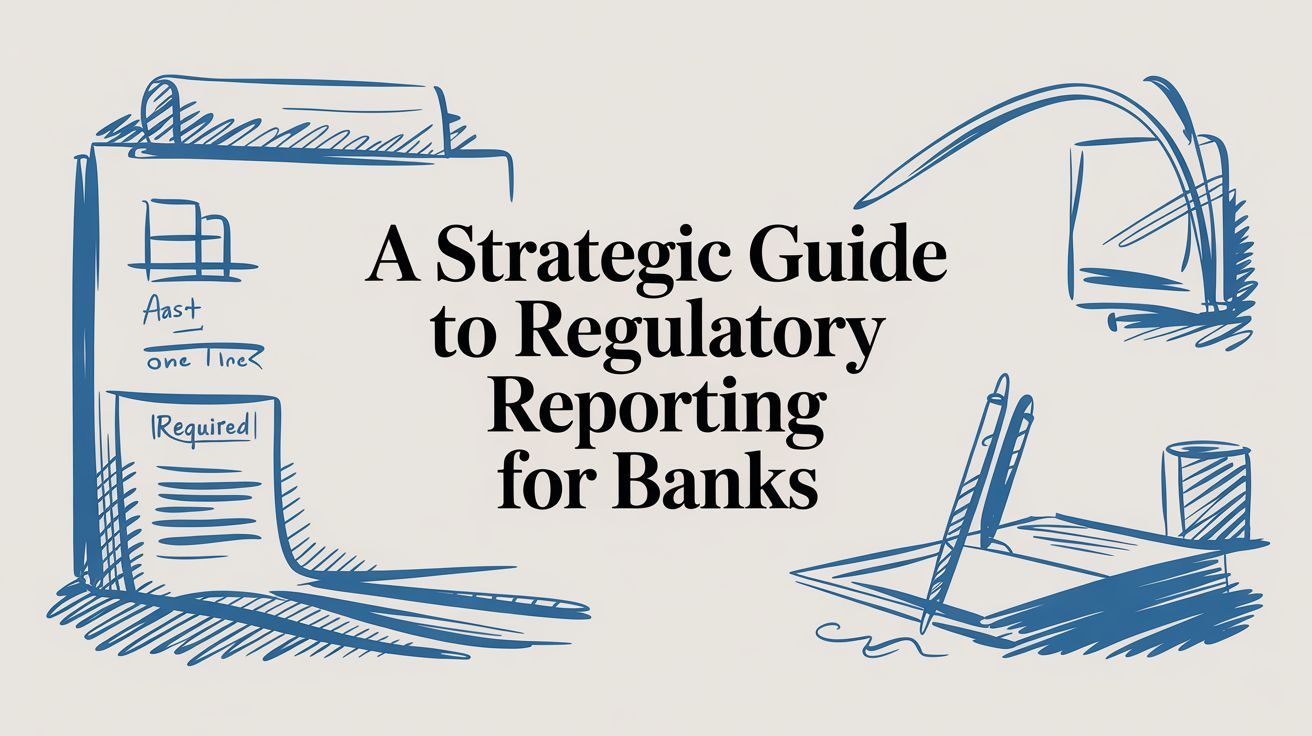Supreme Court to Hear Oral Arguments in Case Involving Constitutionality of CFPB Funding
Financial
On Tuesday, October 3, the U.S. Supreme Court will hear plaintiff arguments in a case involving the constitutionality of CFPB funding. The case was brought by trade groups that represent the payday lending sector. The industry is one of many sectors that the Consumer Financial Protection Bureau has been charged with regulating.
See: Consumer Financial Protection Bureau v. Community Financial Services Association
CFPB funding explained
The CFPB was created in the wake of the 2008 financial crisis, for the stated purpose of protecting consumers against predatory lenders. Congressional Democrats responsible for the bureau’s creation agreed to allow the CFPB to draw funds directly from the Federal Reserve each year. That scheme enabled the regulatory agency to bypass Congress’ spending authority.
The groups that sued the agency were challenging payday lending rules impacting lenders’ ability to recoup payments from borrowers. Last October, a federal appeals court rejected most of that challenge. However, they ultimately rejected the CFPB rule, based on the idea that the CFPB’s funding violates the Constitution.
Specifically, the court ruled that the funding scheme violates the appropriations clause found in Article I, Section 9 of the Constitution. That clause, the court said, “ensures Congress’s exclusive power over the federal purse.” Since the rule was made during a period in which the CFPB was relying on that unconstitutional funding, the rule itself was vacated by the court.
The arguments
the CFPB’s appeal argues that the appropriations clause just says that “no money can be paid out of the Treasury unless it has been appropriated by an Act of Congress.” According to the agency:
“Congress enacted a statute explicitly authorizing the CFPB to use a specified amount of funds from a specified source for specified purposes. The Appropriations Clause requires nothing more.”
In response, the trade groups have argued that the CFPB’s interpretation has disastrous implications. For example, Congress could negate the clause by passing a law that gives the executive total control of spending forever. That would effectively nullify the clause, without going through the required amendment process.
Meanwhile, the agency’s chief proponent, Senator Elizabeth Warren (D-MA) claimed that the case could jeopardize other banking regulators. She even suggested that declaring the CFPB funding mechanism unconstitutional could somehow “wreck the financial security of millions of families.” Additionally, she suggested that any move to enable Congress to set those agencies’ budgets could destroy their independence.
Related Articles:
Similar Articles

Brian's Banking Blog
The Strategic Threat of Industrial Loan Charters

Brian's Banking Blog
What Is Embedded Finance: A Strategic Guide for Bank Executives
![7 Sources for a Comprehensive Banks in Florida List [2025]](https://cdn.outrank.so/a3158354-b714-419c-ba0c-19c8bfd04278/featured-image-44823e69-a8fd-47d4-ae5c-87450e0b2fb0.jpg)
Brian's Banking Blog
7 Sources for a Comprehensive Banks in Florida List [2025]

Brian's Banking Blog
A Boardroom Guide to Modern Anti-Money Laundering Solutions

Brian's Banking Blog
A Data-Driven Executive Guide to Governance Risk and Compliance Solutions

Brian's Banking Blog
What is Regulatory Intelligence? A Strategic Guide for Bank Executives

Brian's Banking Blog
Mastering Metro 2 Reporting: A Strategic Guide for Bank Executives

Brian's Banking Blog
What Is Scenario Planning for Modern Banks?

Brian's Banking Blog
A Bank Executive's Guide to C&I Loans: Strategy, Risk, and Data-Driven Growth

Brian's Banking Blog